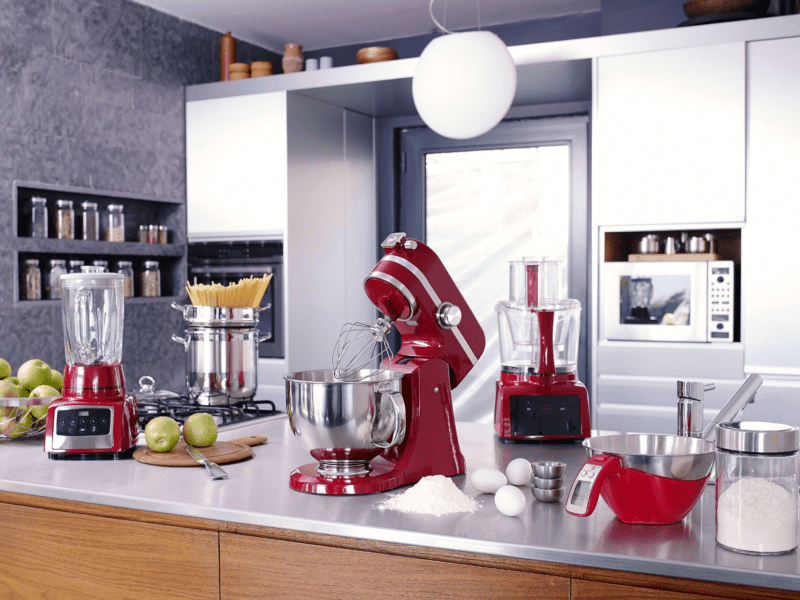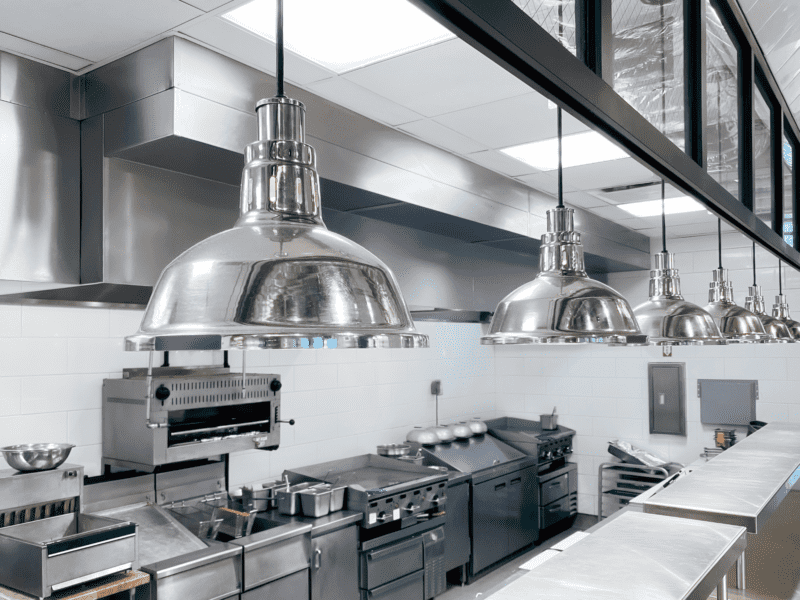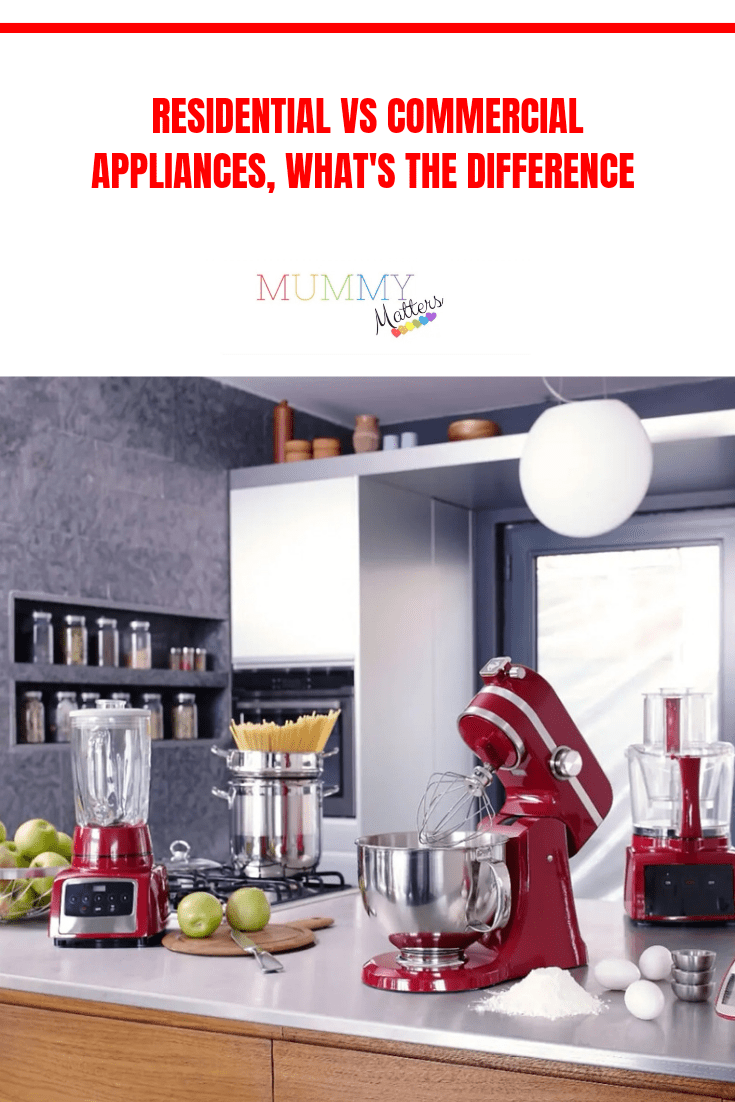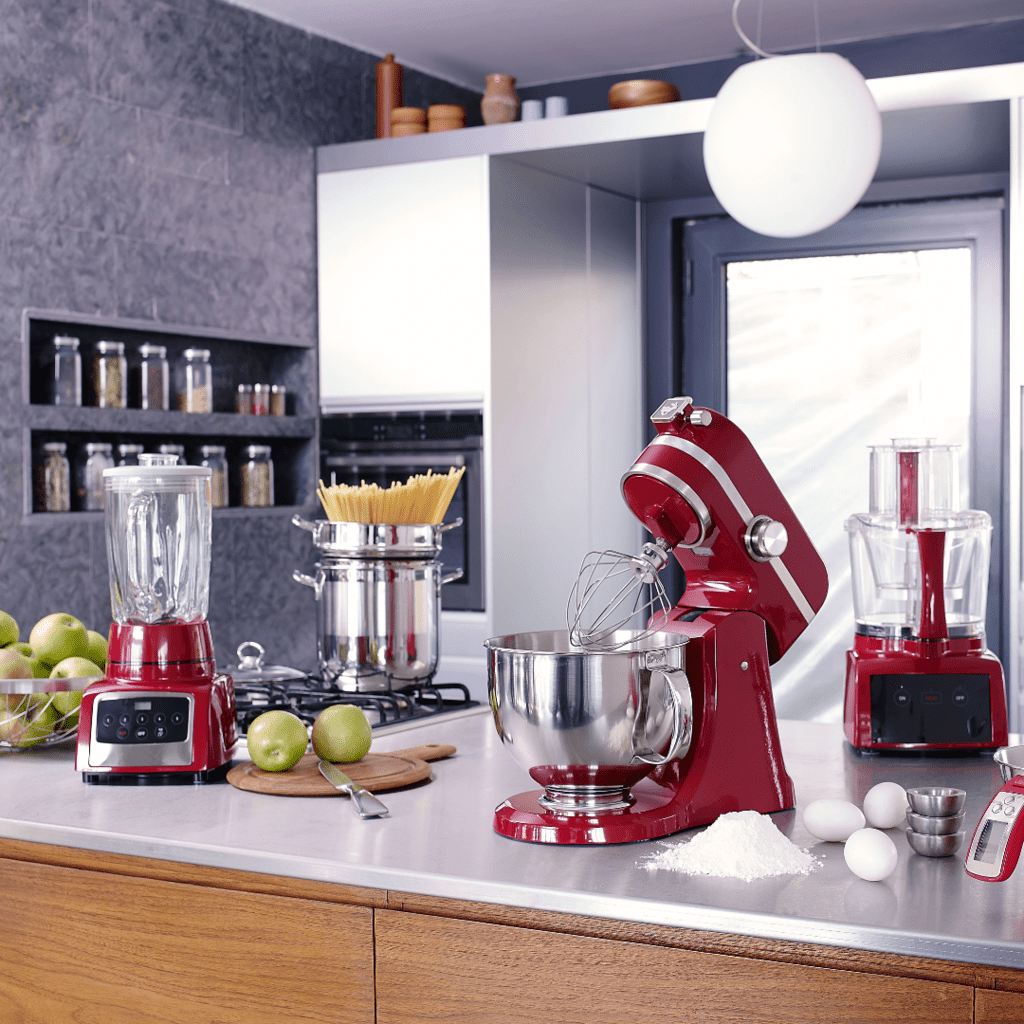When it comes to appliances, there is a big difference between those made for residential and commercial use. Commercial appliances are built to last longer and can handle more wear and tear than their residential counterparts. They also tend to be more expensive.

Some people might think they can save money by buying a commercial appliance for their home, but this is usually not the case.
Here are some of the basic differences,
Differences Between Commercial And Home Appliances
You would expect that the frustration caused by a commercial or residential appliance breakdown is comparable to that caused by the breakdown of any other type of item. When dealing with huge equipment like commercial freezers, refrigerators, dishwashers, washing machines, and dryers, the situation is even more inconvenient than usual.

When it comes to appliances, there are two different categories: residential and commercial. Both appliances have pros and cons, so it’s important to know the difference before making a purchase.
Size
Appliances used in commercial settings are often bigger than those used in household settings, which enables them to process a greater volume of food. This is an excellent option for establishments that service many clients at once or need to produce a substantial amount of food simultaneously.
Features
Appliances designed for commercial use typically have several optional extras that boost their overall durability and functionality. For instance, industrial dishwashers have several spray arms and greater water temperatures to provide a comprehensive cleaning.
Cost

Because they are designed to withstand larger usage levels, commercial appliances typically have a price tag significantly higher than their domestic counterparts. On the other hand, if it results in fewer maintenance and repair expenses, this preliminary cost may be lucrative in the long run.
Commercial appliances are typically more expensive than residential ones but tend to be more durable and powerful. A commercial model is probably your best bet if you’re looking for an appliance that will get the job done quickly and efficiently. However, these appliances can be too powerful for some home kitchens, so make sure you know what you’re getting into before making a purchase.
On the other hand, residential appliances are usually more affordable and easier to use. They’re not as powerful as commercial models, but they’re still good quality and can get the job done if you use them properly.
Conclusion
In conclusion, there are several key differences between residential and commercial appliances. Commercial appliances are generally larger, more durable, and have more features than their residential counterparts. They are also designed for heavy-duty use and withstand more wear and tear. As a result, they typically cost more than residential appliances. When choosing appliances for your home or business, you must consider your needs and budget to ensure you select the right type of appliance for your specific application.
You can contact us if you want to get your appliances fixed or checked for any problems.


